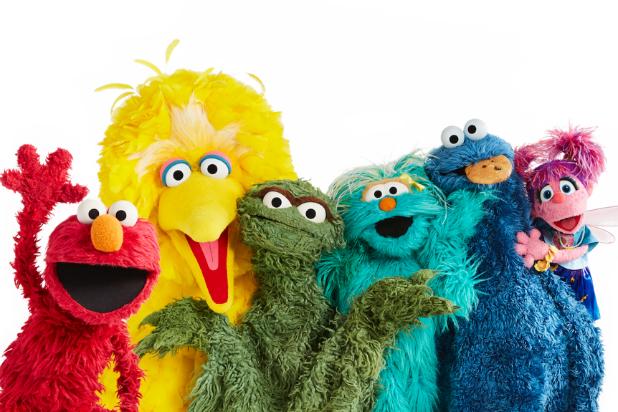The well-known television show on Public Broadcasting Service (PBS), Sesame Street, has taken on the challenge of explaining opioid addictions and its effects. Sesame Street has been known to tackle difficult subjects in the past to help children understand them at a young age. Some say the viewers of the show are too young to comprehend the subjects and should not be exposed to them at such an early stage in life. Others say it is beneficial for children to be educated on sensitive issues early on as it will give them life lessons for when they begin having social interactions with others.
Opioid addictions have become extremely present in the United States over the past few years. Approximately 130 people die every day from drug overdoses according to the Centers for Disease Control & Prevention. Sesame Street has taken this issue and created a blonde-haired muppet named Karli to help children with drug-abusing parents. Not only will the character educate the affected kids, but it will also help their friends understand why they may go into the Foster Care system.
It is important for children to comprehend why their parents may have been sent away for treatment. The character helps its young viewers prepare for what could happen if their parents have addictions, and how to cope with it.
Sesame Street has gone so far as to bring on a girl whose parents are in recovery from opioid addictions. 10-year-old Salia is brought on as Karli’s friend and explains how she lived with her grandparents while her parents “went to a place to help them feel better”, fighting their addictions.
Kama Einhorn, a senior content manager with Sesame Workshop says “There’s nothing else out there that addresses substance abuse for young, young kids from their perspective. Even a parent at their most vulnerable – at the worst of their struggle – can take one thing away when they watch it with their kids, then that serves the purpose”.
Sesame Street was originally written with the intention of teaching children valuable lessons that they were not getting from many of the television programs at the time.
The show has a recent history of creating characters that teach kids life lessons. Julia, a muppet with autism, became a part of the Sesame Street community in April of 2017. The show has always been written with the goal to make all kids feel welcomed and loved.
“It’s not like there is a typical example of an autistic child, but we do believe that [with] Julia, we worked so carefully to make sure that she had certain characteristics that would allow children to identify with her,” said Sherrie Westin, an executive vice president at Sesame Workshop who oversaw the initiative. “It’s what Sesame does best, you know: Reaching children, looking at these things through their lens and building a greater sort of sense of commonality.”
Sesame Street is making history and keeps surprising us with its cutting edge topics that are ultimately helping kids learn how to love and respect one another, even if they are a little different than most.
A study by Georgetown University surveyed 1,000 Sesame Street viewers, with a third of them possessing autism. The results of the study suggested that Sesame Street content has helped families incorporate their autistic children into diversified communities. The outcome of the study also shows that families with non-autistic children are more accepting of the autistic population.
Sesame Street has done a phenomenal job incorporating muppets from all different backgrounds and has created a safe place for all children to grow. The show has come a long way since it was created in 1969, and it looks like they will continue to grow as they continue to adopt relatable characters for children of all backgrounds. Sesame Street seems to be the place to be in 2019.



































